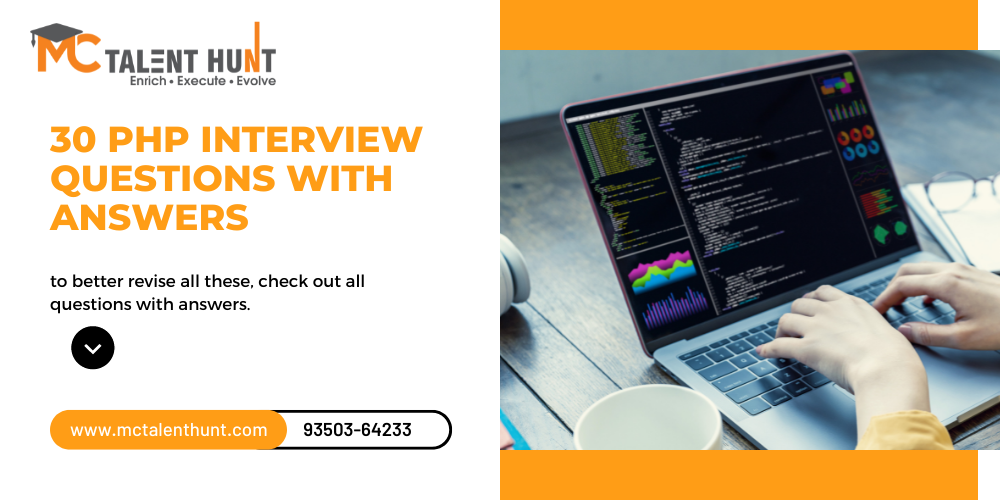How AI is Transforming Job Roles
Artificial Intelligence (AI) is no longer a buzzword—it’s a disruptive force that’s redefining how we work, think, and interact across industries. As businesses adopt AI to enhance efficiency and innovation, job roles are evolving at an unprecedented pace. For fresh graduates and entry-level job seekers, this shift presents both a challenge and an opportunity.
Understanding how AI is reshaping job markets can help freshers prepare, position themselves effectively, and stay ahead in a highly competitive environment. In this blog, we explore the key changes AI is bringing to the workplace, what skills are now in demand, and how newcomers can future-proof their careers.
The AI Impact: Disruption or Transformation?
Let’s address the elephant in the room: Will AI take away jobs?
The answer isn’t straightforward. Yes, AI is automating repetitive tasks, and some traditional job roles may become obsolete. But more importantly, AI is creating new roles, enhancing existing ones, and demanding new skill sets that didn’t exist a decade ago.
According to the World Economic Forum, AI and automation are expected to disrupt 85 million jobs globally by 2025—but also create 97 million new ones. The shift is less about job loss and more about job transformation.
How Job Roles Are Evolving with AI
Across sectors, AI is automating mundane, rule-based tasks—freeing human professionals to focus on strategic, creative, and analytical work. Here’s how some roles are changing:
-
Marketing & Sales: Tools powered by AI help marketers personalize campaigns, forecast trends, and automate outreach. Sales professionals now rely on AI-driven CRMs to better understand customer behavior.
-
Finance & Accounting: AI speeds up data entry, auditing, and fraud detection. Accountants and analysts must now interpret data insights and guide business decisions.
-
Healthcare: AI aids in diagnostics, predictive care, and treatment planning. Medical professionals now work alongside AI to improve patient outcomes.
-
IT & Software: AI is integrated into software development, testing, and security. Roles like DevOps Engineer, AI Developer, and Data Engineer are rapidly growing.
The key takeaway? AI isn’t replacing you—it’s reshaping your job.
Emerging Career Opportunities in the AI Era
As traditional roles evolve, new career paths are emerging. Freshers who align their skills with these demands have a distinct advantage.
Here are some in-demand roles:
-
Data Scientist
-
Machine Learning Engineer
-
AI/ML Research Analyst
-
Data Analyst
-
AI Product Manager
-
Natural Language Processing (NLP) Engineer
-
AI Ethics Specialist
-
Prompt Engineer (yes, writing prompts for AI tools is a growing career!)
Additionally, many conventional roles—like software developers, digital marketers, and even HR professionals—now require working with or understanding AI tools.
Why Freshers Should Pay Attention
If you’re a fresher or recent graduate, you might wonder why AI matters to your job search.
Here’s why:
-
Employers expect AI awareness: Many companies now look for entry-level candidates who are not just technically sound, but also AI-literate—comfortable with tools like ChatGPT, Tableau, TensorFlow, or Python libraries.
-
Skills are evolving: Knowing how to code is great. But combining that with data analytics, problem-solving, and AI tool usage makes you stand out.
-
You’re building a long-term career: The earlier you align your skills with AI trends, the more future-proof your career becomes.
Essential Skills for AI-Driven Job Roles
Freshers should aim for a blend of technical and soft skills to succeed in the AI-enabled workplace.
✅ Technical Skills:
-
Programming languages: Python, R, SQL
-
Data Science & Analytics
-
Machine Learning basics
-
Cloud platforms: AWS, Azure, Google Cloud
-
AI frameworks: TensorFlow, PyTorch, Scikit-learn
-
Tools: Tableau, Power BI, Jupyter Notebooks
✅ Soft Skills:
-
Critical Thinking & Problem-Solving
-
Adaptability
-
Communication & Collaboration
-
Creativity
-
Ethical Decision-Making
Soft skills are vital as AI takes over technical grunt work and humans are expected to add value through judgment and interpersonal skills.
Upskilling: The Best Investment You Can Make
To remain competitive, continuous learning is non-negotiable. Here’s how freshers can start their AI learning journey:
-
Enroll in Online Courses: Platforms like Coursera, edX, and MC Talent Hunt offer beginner to advanced certifications in AI, ML, and Data Science.
-
Attend Webinars & Bootcamps: Stay updated with the latest industry trends and hands-on experience.
-
Build AI-Integrated Projects: Even a simple AI chatbot or data visualization dashboard on your resume can impress employers.
-
Get Internships: Real-world exposure through internships (even remote) gives you the edge over others.
Real-World Example: AI in Everyday Tools
AI isn’t only about robots or science fiction. You’re already using it:
-
LinkedIn Job Suggestions – Powered by AI.
-
Google Maps Traffic Predictions – AI at work.
-
ChatGPT or Grammarly – AI for content support.
-
Netflix Recommendations – Yep, AI again!
Understanding how these tools work and learning to leverage them in your job gives you a strong advantage in interviews and on the job.
How MC Talent Hunt Helps Freshers Navigate AI Careers
At MC Talent Hunt, we understand the AI-driven transformation in today’s job market. Our training and placement model is designed to:
-
Train freshers on high-demand AI and data-related skills
-
Provide certification to validate their knowledge
-
Offer placement support in MNCs actively hiring in emerging tech roles
Whether you’re a graduate in IT, engineering, or any related field, our goal is to make you industry-ready and AI-smart.
Final Thoughts: Embrace the Shift
Artificial Intelligence is here to stay—and it’s only getting more powerful. Rather than fearing job loss, freshers should focus on leveraging AI as a tool to grow.
Those who embrace this shift, stay curious, and continuously upskill will not only find good jobs—they’ll build meaningful, future-ready careers.
Remember, it’s not AI vs. humans—it’s AI with humans. And the best opportunities will go to those who know how to work with both.



